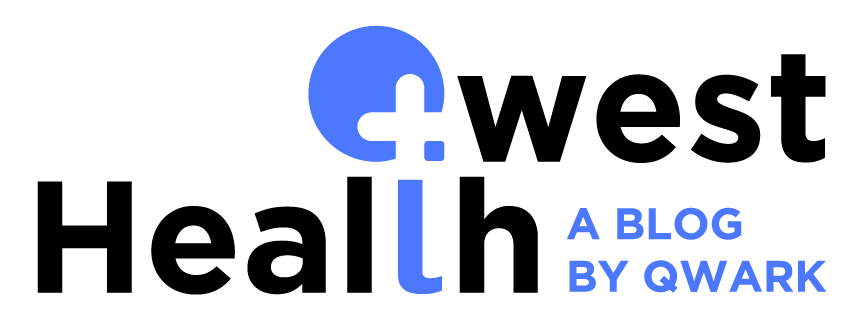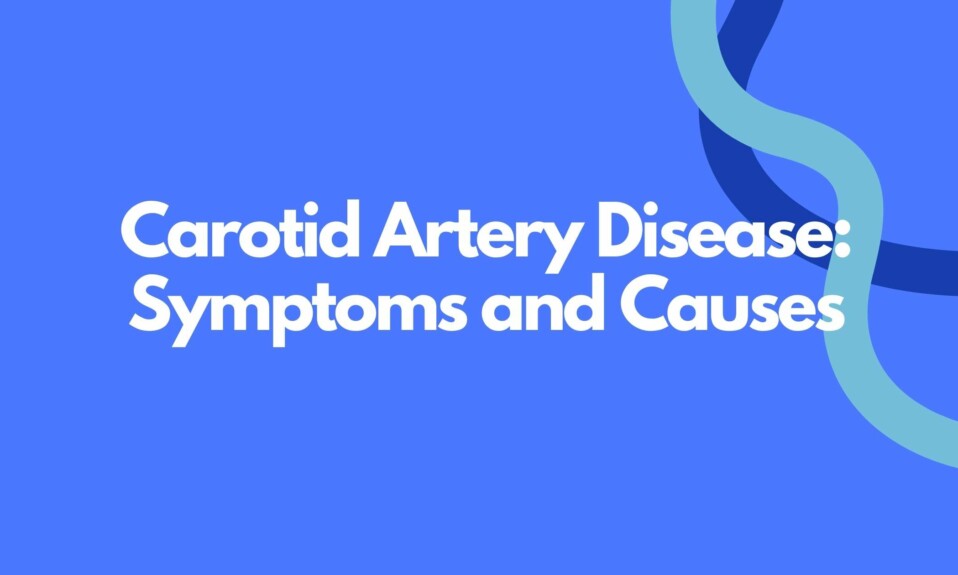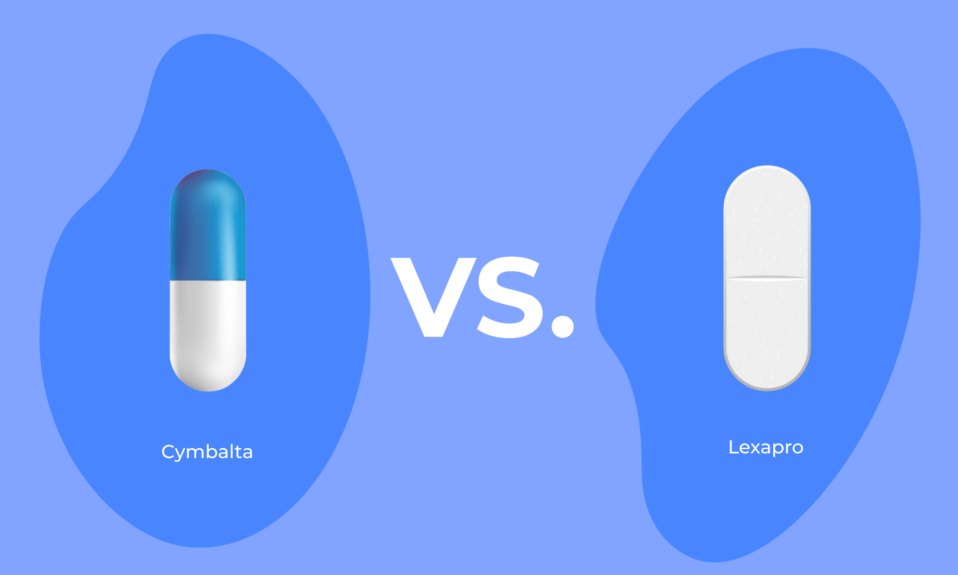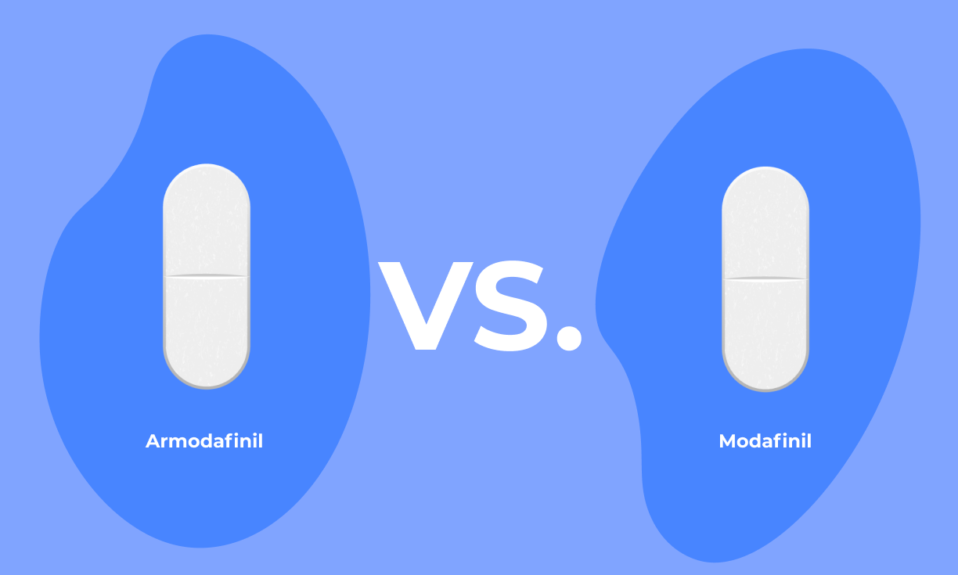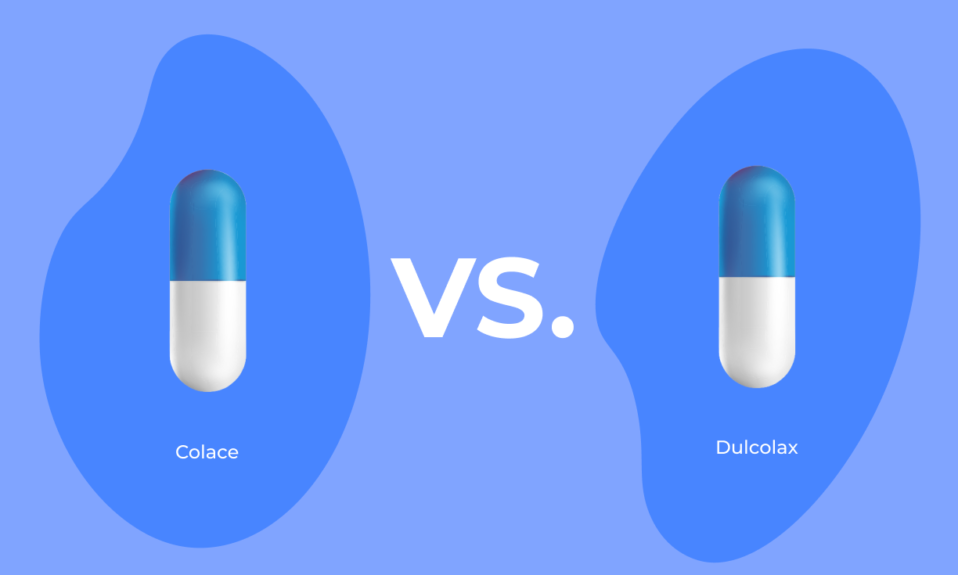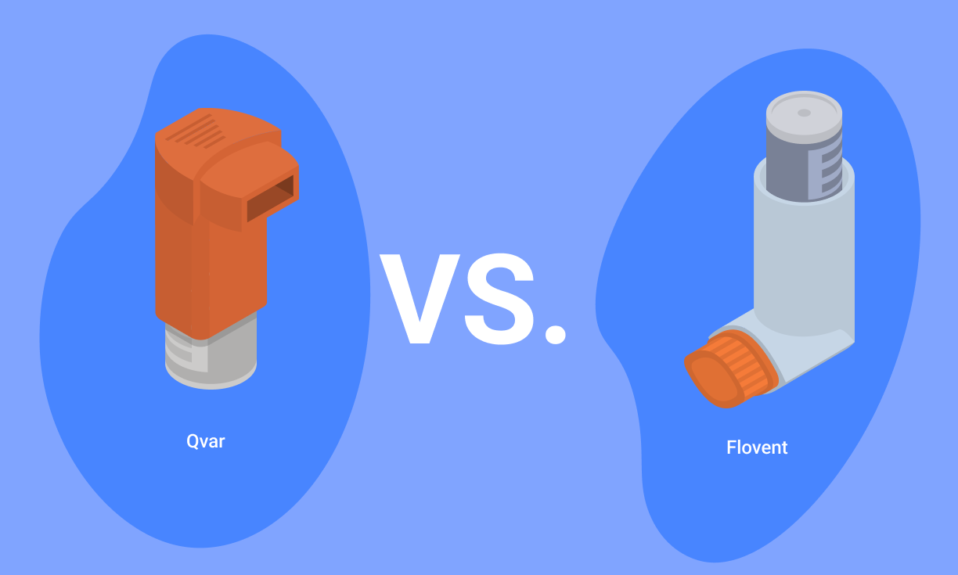Table of Contents Hide
February is American Heart Month, the perfect time to learn more about your heart, how to take care of it, and how to detect signals of cardiovascular issues.
One such issue is Arrhythmia. An arrhythmia occurs when the electrical signals in the heart are disrupted, resulting in an irregular heartbeat that is either too fast or too slow. You may feel a flutter in your chest, or even chest pain, dizziness, or fainting in some cases. It’s important to note that arrhythmias are common and can be treated by a cardiologist. Approximately 12 million people or 5 percent of the U.S. population have an arrhythmia.
Risk Factors
There are several risk factors that can increase the likelihood of developing a heart arrhythmia. These include:
- Coronary artery disease, heart problems, and previous heart surgery: Narrowed heart arteries, a heart attack, abnormal heart valves, prior heart surgery, heart failure, cardiomyopathy, and other types of heart damage are risk factors for almost any kind of arrhythmia.
- High blood pressure: This condition increases the risk of developing coronary artery disease and can cause the walls of the left lower heart chamber (left ventricle) to become stiff and thick, which can change how electrical signals travel through the heart.
- Congenital heart disease: Being born with a heart condition may affect the heart’s rhythm.
- Thyroid disease: Having an overactive or underactive thyroid gland can raise the risk of irregular heartbeats.
- Obstructive sleep apnea: This condition causes pauses in breathing during sleep and can lead to a slow heartbeat (bradycardia) and irregular heartbeats, including atrial fibrillation.
- Electrolyte imbalance: Substances in the blood called electrolytes – such as potassium, sodium, calcium, and magnesium – help trigger and send electrical impulses in the heart. An imbalance in electrolytes – for example, if they are too low or too high – can interfere with heart signaling and lead to irregular heartbeats.
- Certain drugs and supplements: Some prescription drugs and certain cough and cold medications bought without a prescription can cause arrhythmias.
- Excessive alcohol: Drinking too much alcohol can affect the electrical impulses in your heart and can increase the chance of developing atrial fibrillation.
- Caffeine, nicotine, or illegal drug use: Caffeine, nicotine, and other stimulants can cause your heart to beat faster and may lead to the development of more serious arrhythmias. Illegal drugs, such as amphetamines and cocaine, may greatly affect the heart and cause many types of arrhythmias or sudden death due to ventricular fibrillation.
It’s important to note that heart arrhythmias are associated with an increased risk of blood clots. If a clot breaks lose, it can travel from the heart to the brain, causing a stroke. Blood thinners can lower the risk of stroke related to atrial fibrillation and other arrhythmias. Your doctor will determine if a blood-thinning medication is right for you.
Treatment
The treatment for an arrhythmia depends on the type and severity of the condition. In some cases, no treatment is needed. In other cases, lifestyle changes, medication, or medical procedures may be recommended. These may include the use of blood thinners, pacemakers, implantable cardioverter-defibrillators (ICDs), catheter ablation or surgery.
Lifestyle changes to reduce the risk of heart disease may also help prevent heart arrhythmias. A heart-healthy lifestyle includes eating a heart-healthy diet, staying physically active, maintaining a healthy weight, not smoking, limiting or avoiding caffeine and alcohol, reducing stress, as intense stress and anger can cause heart rhythm problems, using medications as directed, and telling your doctor about all the medicines you take, including those bought without a prescription.
FAQs
What is an arrhythmia?
An arrhythmia is a medical condition where the heart beats irregularly or abnormally. It occurs when the electrical impulses in the heart that regulate the heartbeat do not work properly.
What are the symptoms of an arrhythmia?
The symptoms of an arrhythmia can vary from person to person, but they may include a fluttering sensation in the chest, rapid heartbeat, slow heartbeat, chest pain, dizziness, lightheadedness, fainting, or shortness of breath.
Who is at risk for developing an arrhythmia?
People with underlying heart conditions, such as coronary artery disease, high blood pressure, heart valve disease, or heart failure, are at a higher risk of developing an arrhythmia. Other risk factors include smoking, excessive alcohol or caffeine consumption, stress, drug or medication abuse, electrolyte imbalances, and sleep apnea.
How is an arrhythmia diagnosed?
An arrhythmia can be diagnosed through a physical exam, an electrocardiogram (ECG), a Holter monitor, an event monitor or an echocardiogram. These tests can help determine the type and severity of the arrhythmia.
How is an arrhythmia treated?
The treatment for an arrhythmia depends on the type and severity of the condition. In some cases, no treatment is needed. In other cases, lifestyle changes, medication, or medical procedures may be recommended. These may include the use of blood thinners, pacemakers, implantable cardioverter-defibrillators (ICDs), catheter ablation or surgery.
Can lifestyle changes help prevent arrhythmias?
Yes, lifestyle changes can help reduce the risk of developing an arrhythmia. These include eating a healthy diet, exercising regularly, quitting smoking, limiting alcohol and caffeine consumption, managing stress and getting enough sleep.
Can arrhythmias lead to other health complications?
Yes, arrhythmias can increase the risk of other health complications, such as stroke, heart attack, heart failure, or sudden cardiac arrest. It is important to seek medical attention if you experience symptoms of an arrhythmia or have been diagnosed with the condition.
